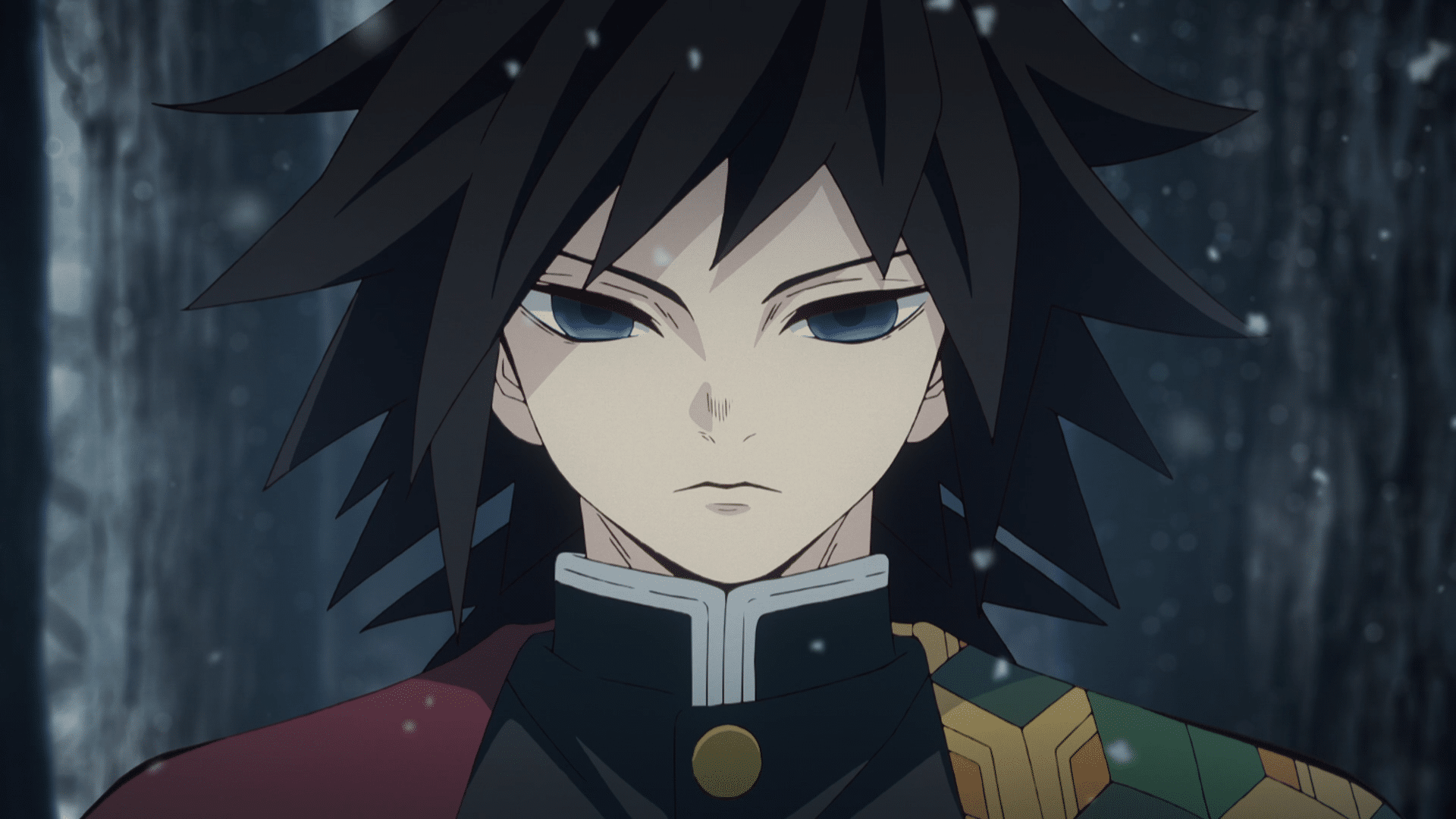
The Real Story Behind Giyu Tomioka’s Punishment Exposed!: The Shocking Truth Everyone Needs To Know!
Giyu Tomioka’s Punishment: An Overview
Giyu Tomioka, one of the most beloved characters in the Demon Slayer anime and manga series, has always been a figure of mystery. His calm demeanor and aloof personality have left many fans wondering about his past and the reasons behind his actions. One of the most intriguing aspects of Giyu’s character is his punishment, which he received from the Demon Slayer Corps for reasons that were initially unknown.
In this article, we will delve into the real story behind Giyu Tomioka’s punishment, uncovering the shocking truth that has been hidden for so long. We will explore the events that led to his punishment, the reasons behind the Demon Slayer Corps’ decision, and the impact it has had on Giyu’s life.
The Incident: Failure to Protect
The incident that led to Giyu Tomioka’s punishment occurred during a mission to eliminate a group of demons that were terrorizing a remote village. Giyu was tasked with protecting a young girl named Sabito, who had lost her family to the demons. However, during the mission, Giyu failed to protect Sabito, and she was tragically killed by the demons.
Giyu’s failure to protect Sabito was considered a grave offense by the Demon Slayer Corps. As a member of the elite Hashira, Giyu was expected to uphold the highest standards of conduct and to protect innocent lives at all costs. His failure to do so was seen as a betrayal of his duty and a violation of the Corps’ code of honor.
The Punishment: Solitude and Confinement
As punishment for his failure, Giyu was exiled from the Demon Slayer Corps and forced to live in solitude. He was stripped of his rank and forbidden from participating in any missions or activities related to the Corps. Additionally, he was confined to a remote mountaintop, where he was left to reflect on his actions and atone for his sins.
The punishment imposed on Giyu was severe and unforgiving. It was designed to break his spirit and to make him an example to other members of the Corps. However, Giyu refused to let his punishment define him. Instead, he used it as an opportunity to grow stronger and to atone for his past mistakes.
The Impact on Giyu’s Life
Giyu’s punishment had a profound impact on his life. It forced him to confront his own failures and to come to terms with the consequences of his actions. It also led him to develop a deep sense of compassion and empathy for those who have lost loved ones to demons.
Despite the hardships he faced, Giyu emerged from his punishment as a stronger and more determined warrior. He vowed to never again let anyone die under his watch, and he became known throughout the Demon Slayer Corps for his unwavering resolve and his ability to protect the innocent.
The Redemption: Shinobu’s Intervention
Years after his punishment, Giyu was approached by Shinobu Kocho, the Insect Hashira. Shinobu had heard rumors of Giyu’s redemption and his desire to make amends for his past mistakes. She offered him a chance to return to the Demon Slayer Corps and to fight alongside her against the demons.
Giyu initially hesitated, but he eventually accepted Shinobu’s offer. He returned to the Corps and quickly proved himself to be a valuable asset. He fought alongside Shinobu and the other Hashira, and he played a key role in defeating Muzan Kibutsuji, the progenitor of all demons.
Conclusion
Giyu Tomioka’s punishment was a defining moment in his life. It forced him to confront his own failures and to come to terms with the consequences of his actions. However, it also led him to develop a deep sense of compassion and empathy, and it made him a stronger and more determined warrior.
Giyu’s story is a reminder that even the darkest of times can lead to redemption. It is a story of hope and resilience, and it is a testament to the power of forgiveness.
Leave a Reply